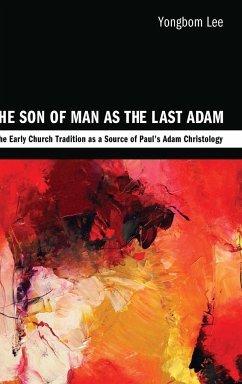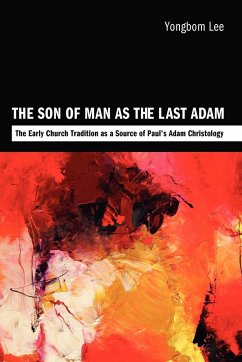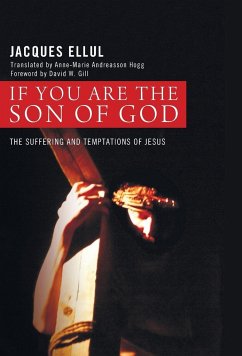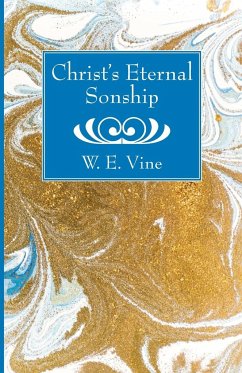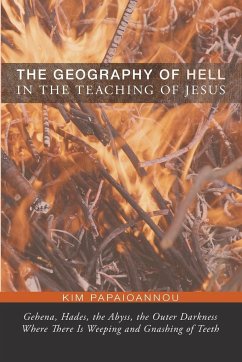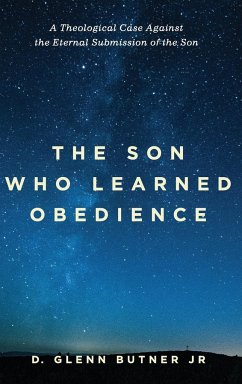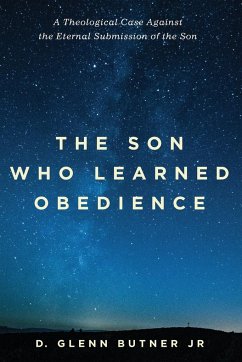Most New Testament scholars today agree that Jesus used an enigmatic self-designation, bar nasha (""the Son of Man""), translated into Greek as ho huios tou anthropou in the Synoptic Gospels. In contrast, Paul, the earliest New Testament writer, nowhere mentions the phrase in his letters. Does this indicate that the Gospel writers simply misunderstood the generic sense of the Aramaic idiom and used it as a christological title in connection with Daniel 7, as some scholars claim? Paul demonstrates explicit and sophisticated Adam Christology in Romans 5 and 1 Corinthians 15. In contrast, there is no real equivalent in the Synoptic Gospels. Does this indicate that Adam Christology in Romans 5 and 1 Corinthians 15 was essentially a Pauline invention to which the Evangelists were oblivious? In this study Yongbom Lee argues that in addition to the Old Testament, contemporary Jewish exegetical traditions, and his Damascus Christophany, Paul uses the early church tradition--in particular, its implicit primitive Adam-Jesus typology and the Son of Man saying traditions reflected in the Synoptic Gospels--as a source of his Adam Christology.

